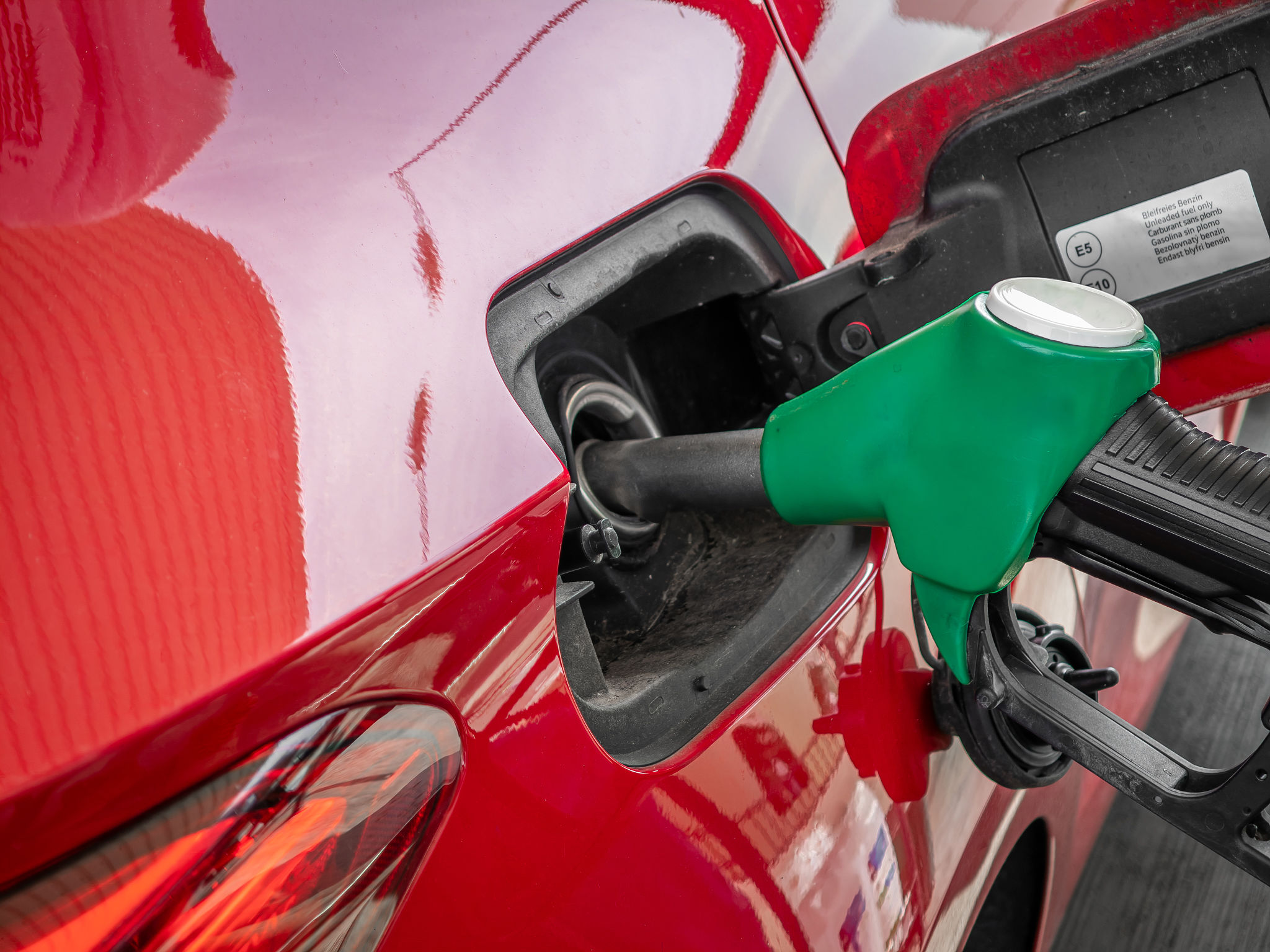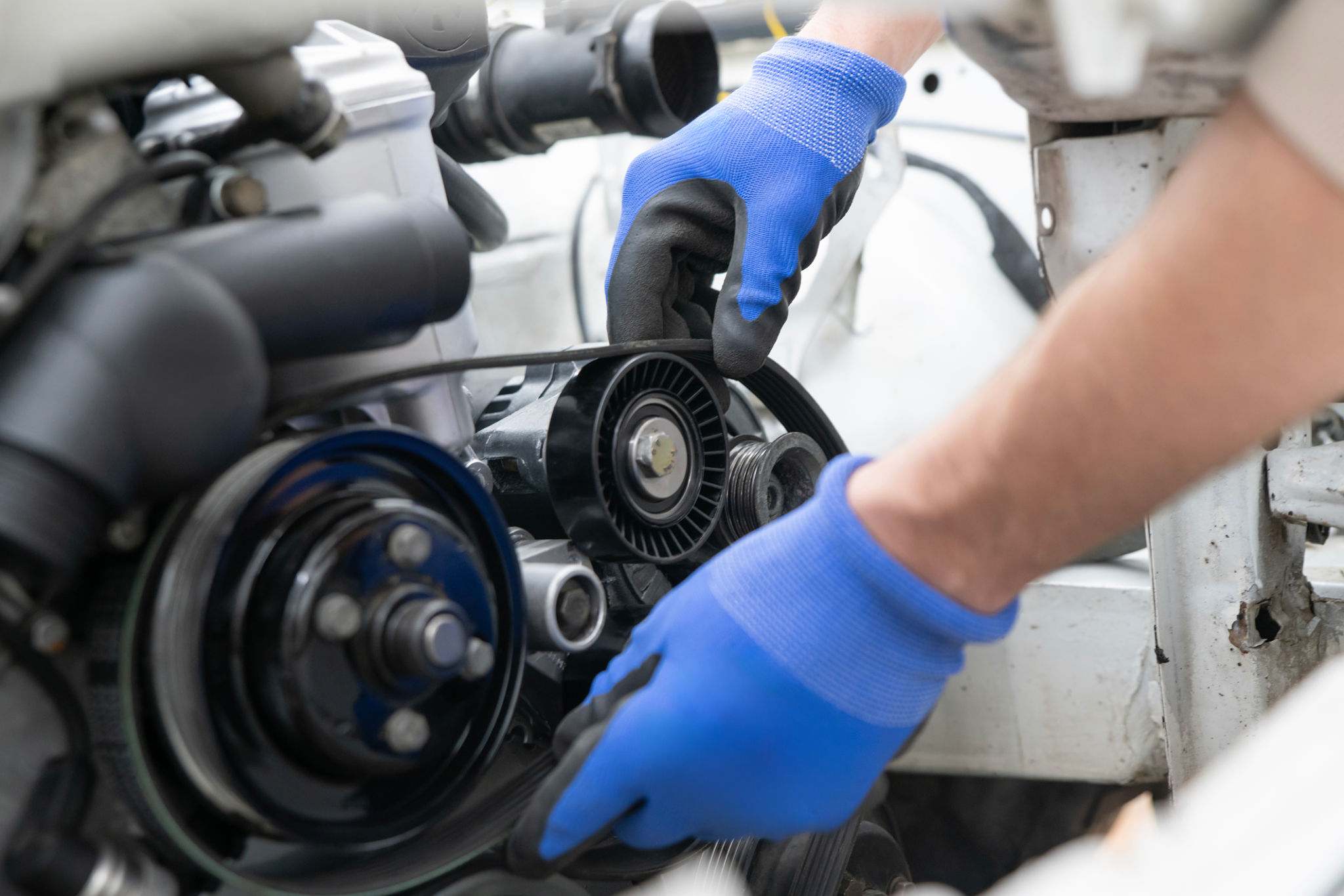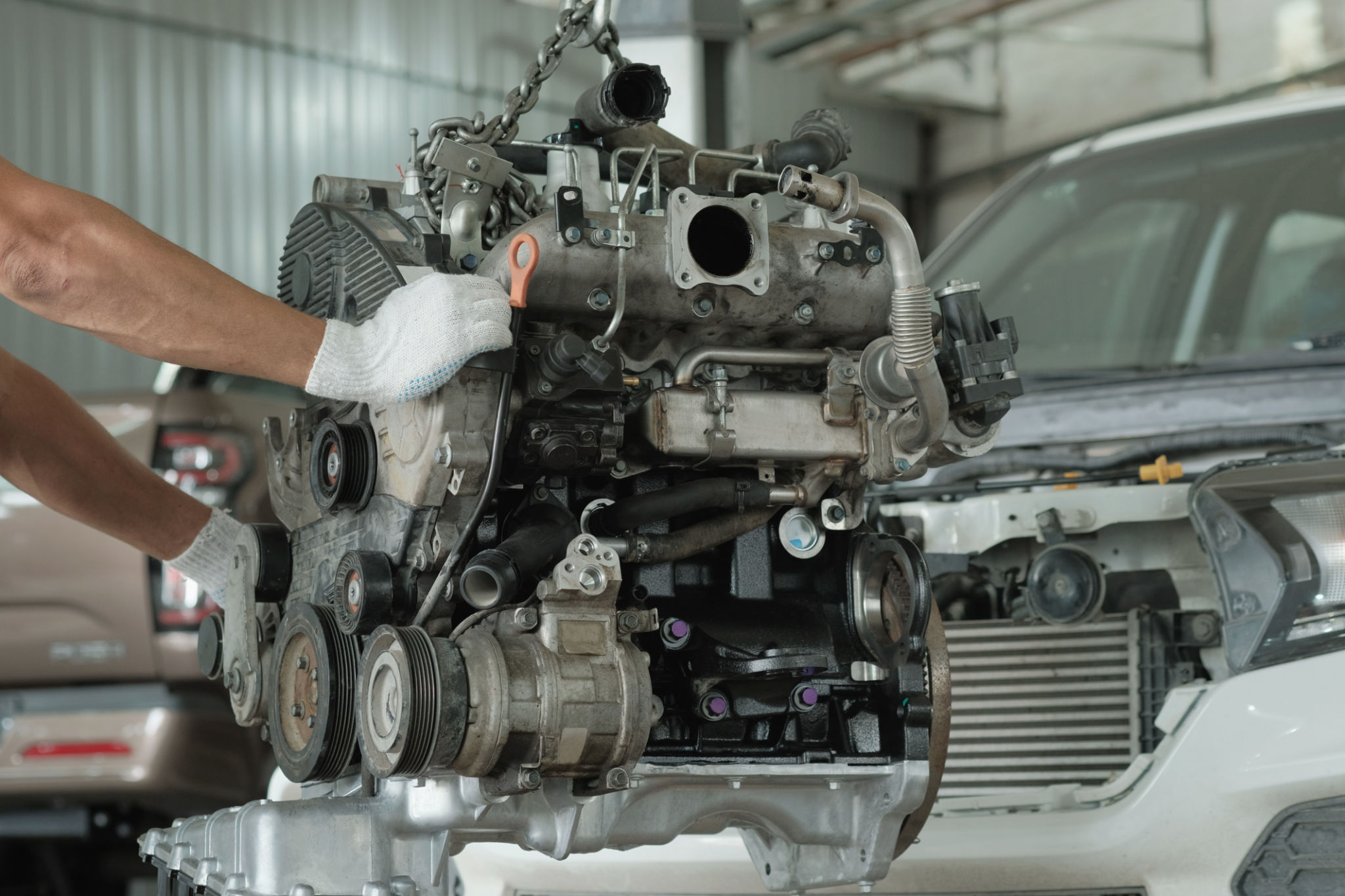How Diesel Engines Work: A Comprehensive Guide
Understanding the Basics of Diesel Engines
Diesel engines are widely used in various industries due to their efficiency and durability. Unlike gasoline engines, diesel engines use compression ignition to operate. This process involves compressing air in the cylinder, which raises the temperature high enough to ignite the diesel fuel injected into the combustion chamber. This mechanism leads to a more efficient energy conversion compared to spark-ignition engines.

The Four-Stroke Cycle
Diesel engines typically operate on a four-stroke cycle, which includes four distinct phases: intake, compression, power, and exhaust. During the intake stroke, air is drawn into the cylinder. Next, during the compression stroke, the piston compresses the air, significantly increasing its temperature. The power stroke follows as fuel is injected and ignited by the hot air, pushing the piston down. Finally, during the exhaust stroke, exhaust gases are expelled from the cylinder.

Components of a Diesel Engine
Several key components work together to ensure the efficient operation of a diesel engine. These include:
- Cylinders: Chambers where air and fuel mix and combustion occurs.
- Pistons: Movable components that convert energy from combustion into mechanical motion.
- Fuel Injector: Delivers fuel into the combustion chamber at high pressure.
- Cylinder Head: Houses components like valves and injectors, sealing the top of the cylinder.

The Role of Turbocharging
Many modern diesel engines incorporate turbochargers to enhance performance and efficiency. A turbocharger forces more air into the cylinders, allowing for more fuel to be burned and thus increasing power output. This process not only boosts engine efficiency but also reduces emissions by ensuring more complete combustion of the fuel.
Advantages of Diesel Engines
Diesel engines offer several advantages over their gasoline counterparts:
- Fuel Efficiency: Diesel engines are typically 20-30% more fuel-efficient due to higher compression ratios and lean burn of fuel.
- Torque: They provide greater torque, making them ideal for heavy-duty applications such as trucks and machinery.
- Durability: Built to withstand higher pressures, diesel engines often have a longer lifespan.

Challenges and Considerations
Despite their advantages, diesel engines face certain challenges. They can be more expensive to manufacture due to their robust construction and require precise fuel management systems. Emission control is another significant challenge, as diesel engines produce more nitrogen oxides and particulates than gasoline engines. However, advancements in emission control technologies continue to mitigate these issues.
Maintenance Tips for Diesel Engines
To ensure longevity and optimal performance, regular maintenance is crucial for diesel engines. Key maintenance practices include:
- Regular oil changes to keep engine components lubricated.
- Replacing fuel filters to prevent clogging and maintain fuel flow.
- Checking and cleaning air filters to ensure efficient air intake.
- Inspecting glow plugs and injectors for wear and proper function.

The Future of Diesel Engines
The future of diesel engines looks promising with ongoing advancements in technology aimed at improving efficiency and reducing emissions. Innovations like biodiesel fuels and hybrid systems are being explored to make diesel engines more environmentally friendly. As these technologies mature, diesel engines will likely continue to play a crucial role in transportation and industry.